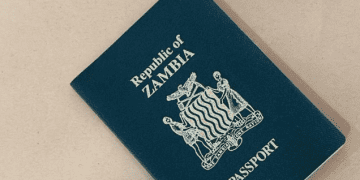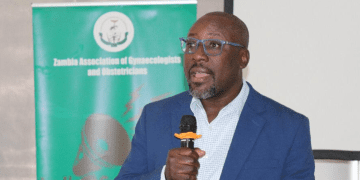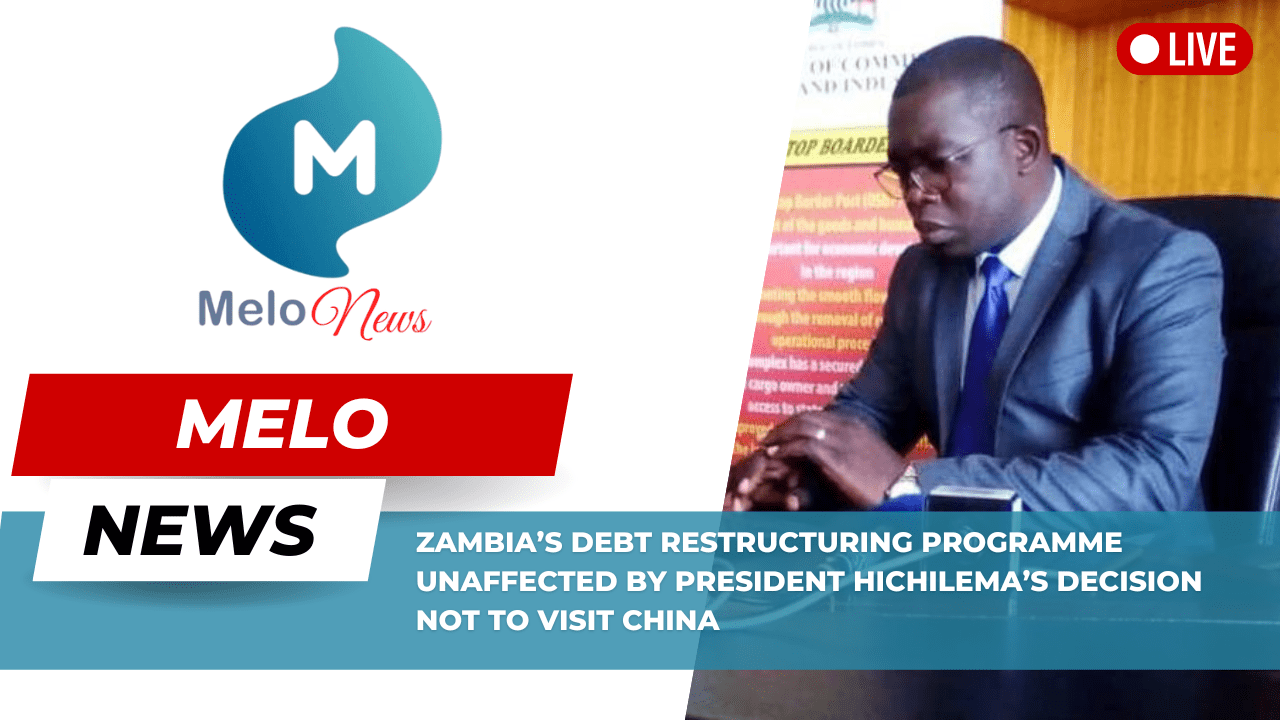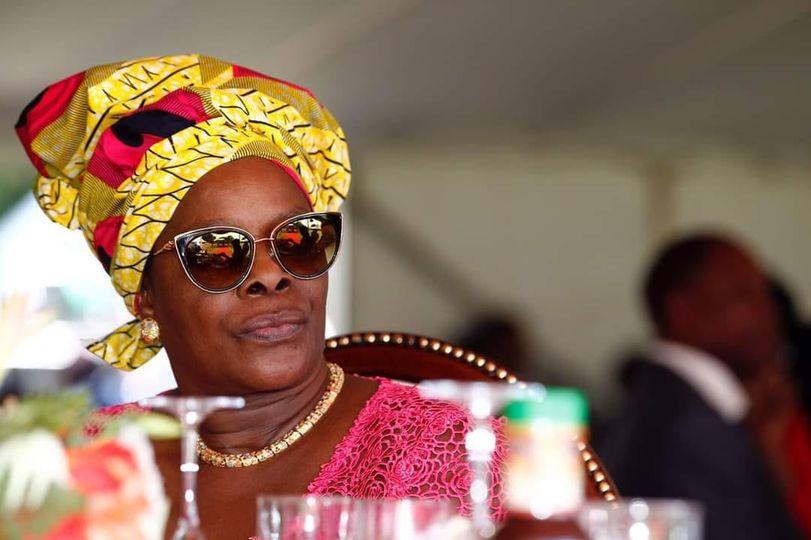According to Zambia’s Commerce, Trade and Industry Minister Chipoka Mulenga, President Hakainde Hichilema’s decision not to visit China will not affect the country’s debt restructuring programme. Despite the absence of the President, the programme will continue as planned.
Despite President Hichilema’s decision not to visit China, Zambia’s debt restructuring programme remains unaffected. According to Mr Mulenga, the ties between Zambia and China have remained strong, and the Zambian government has continued to engage with the Chinese government at the highest level. This suggests that the relationship between the two countries is still positive and that Zambia’s debt restructuring programme is still on track.
Zambia’s debt restructuring program remains unaffected by President Hichilema’s decision not to visit China. The President has stated that visiting a country does not necessarily reflect the strength of relations between nations and that he will visit China at the appropriate time. Despite this decision, Zambia remains committed to maintaining positive relations with China and continuing its debt restructuring efforts.
This was confirmed by Mr. Mulenga, who stated that the program is not dependent on any particular individual’s visit to China. While some stakeholders have called for the President to visit China and strengthen ties with the country, the debt restructuring program will proceed as planned. China remains Zambia’s largest creditor, and the country is committed to finding a sustainable solution to its debt crisis.
However, the country has seen a rise in Chinese investments in various sectors, including energy, road construction, and manufacturing. The recent launch of the United Capital Fertilizer Plant, worth $600 million, is a testament to this trend. Yusuf Dodia, the Chairperson of the Private Sector Development Association, has noted this increase in Chinese investment in Zambia.
This is a testament to the strong bilateral and economic ties between the two countries, according to Mr. Dodia.
The country is currently facing debt distress and requires urgent and extensive debt treatment. Despite delays from official bilateral creditors to discuss and finalize debt treatment under the G20’s common framework, Zambia is still implementing agreed structural policies to maintain macroeconomic stability.








































